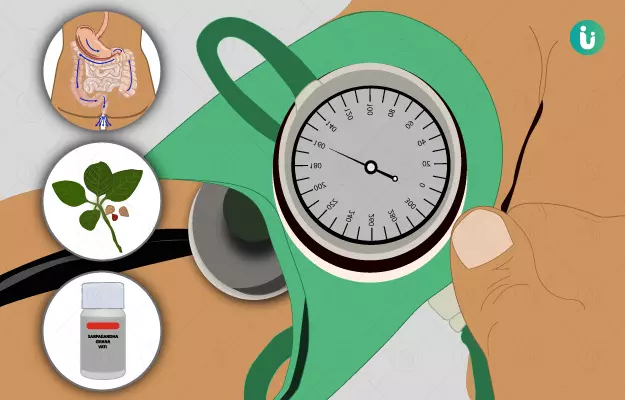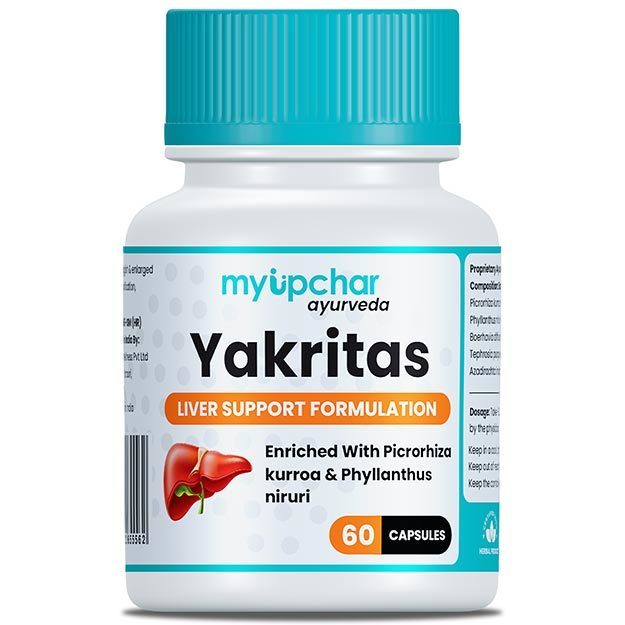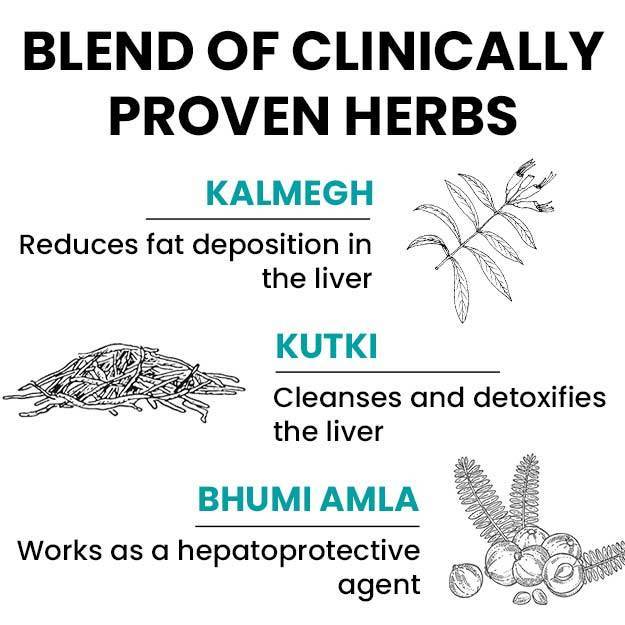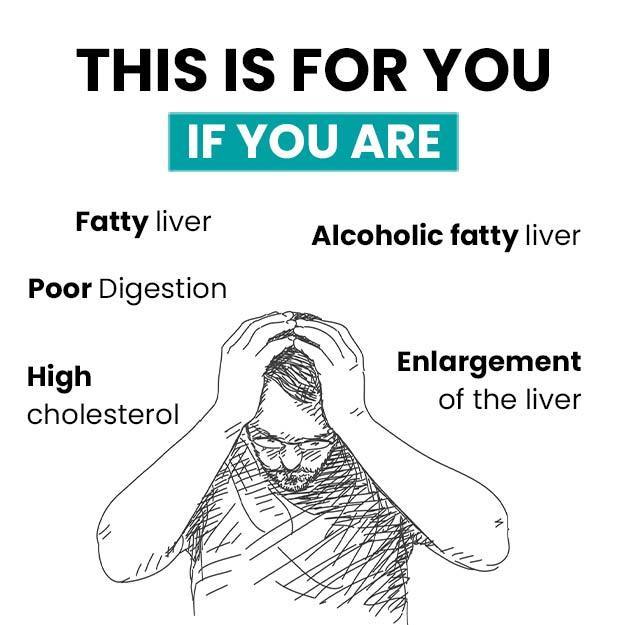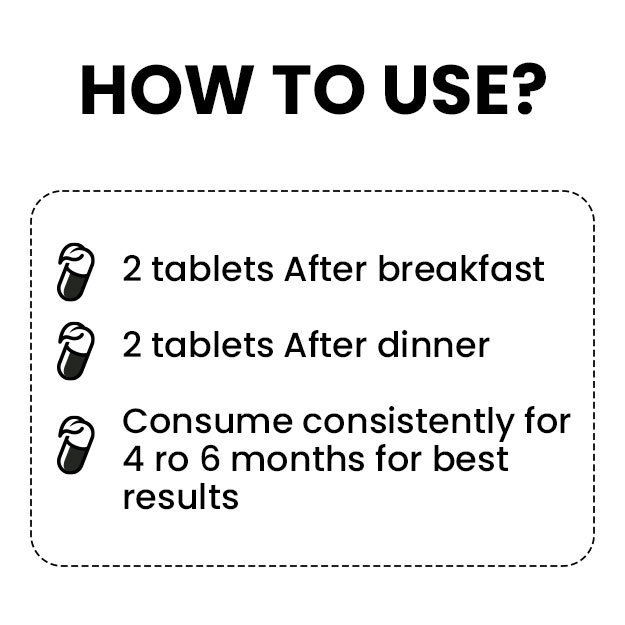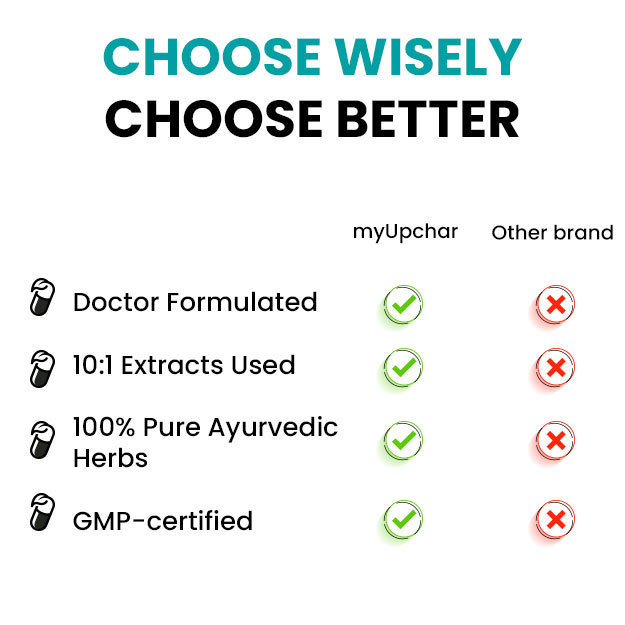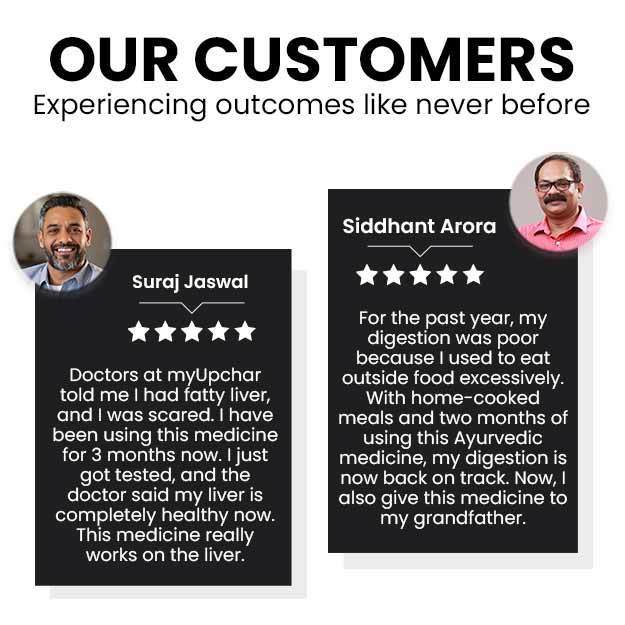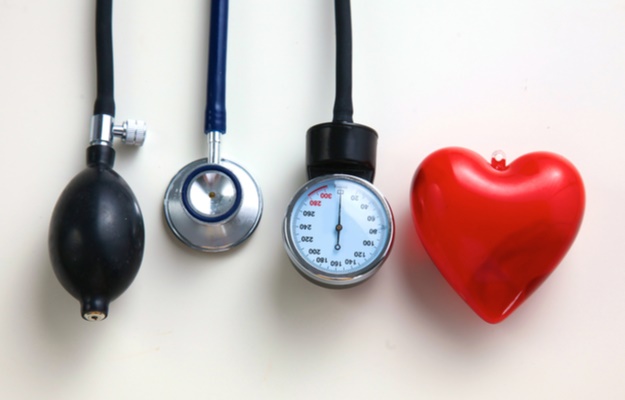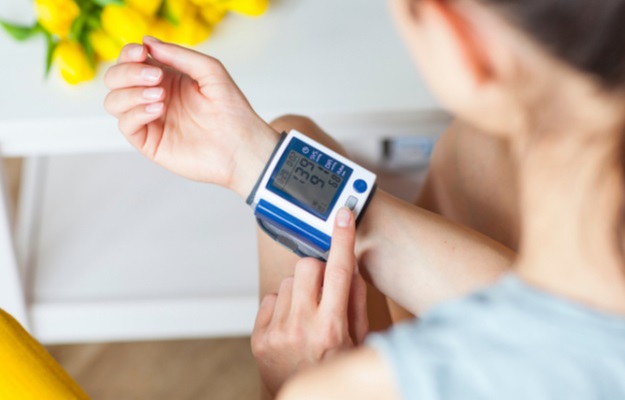High blood pressure or hypertension is one of the common lifestyle disorders. Hypertension can increase the risk of other cardiovascular diseases like stroke; however, it does not always show signs or symptoms. Therefore, a regular blood pressure check-up helps in early detection and treatment.
Please check this page for complete ayurvedic treatment of high blood pressure.
Along with medications, following a healthy diet, maintaining a healthy weight and exercising regularly help manage high blood pressure. Quitting smoking and limiting alcohol intake are some lifestyle changes that can prevent hypertension. Ayurveda suggests limiting salty foods, avoiding overexertion, and living an active lifestyle to manage high blood pressure. Sarpagandha (Indian snakeroot) is the primary herb used for high blood pressure treatment, which is also included in the Sarpagandha vati (sarpagandha tablet). Other herbs like arjuna, brahmi (waterhyssop), and ashwagandha (Indian ginseng) are also found to be helpful in treating high blood pressure in Ayurveda.
The panchakarma (five procedures) treatments of basti (enemas), virechana (purgation) and shirodhara (pouring liquids or oils over the head) are beneficial in treating high blood pressure as these procedures help balance the vitiated tridoshas (three doshas) in the body.
- Ayurvedic view of high blood pressure
- Ayurvedic remedies for high blood pressure
- Ayurvedic herbs and medicines for high blood pressure
- Dietary and lifestyle changes for high blood pressure as per ayurveda
- How effective are ayurvedic medicines for high blood pressure
- Side effects and risks of ayurvedic medicine for high blood pressure
- Takeaway
Ayurvedic view of high blood pressure
As per Ayurveda, any disease, including high blood pressure, occurs when any of the three doshas (pitta, vata, and kapha) that make up the body is imbalanced. This vitiation can affect various organs and lead to diseases. Hypertension typically occurs when the pitta and kapha doshas occlude the functioning of the vata dosha. Based on the evaluation of predominantly affected dosha in an individual and individual prakriti (constitution), Ayurvedic treatments are tailor-made to treat high blood pressure or uccha raktachapa.
Ayurveda follows a holistic approach to treating a person with hypertension. It not only aims at managing high blood pressure but also aims to improve the spiritual, physical and psychological well-being of a person. This ancient science advises protecting the hridaya (heart) from any psychological disturbances like stress as it can affect the heart health and lead to cardiovascular diseases like hypertension. Bringing the affected doshas back into balance and improving the emotional well-being of a person brings the blood pressure to normal levels.
(Read More - Homeopathic treatment for High BP)
Ayurvedic remedies for high blood pressure
Panchakarma, the five therapies of Ayurveda that aim to cleanse the body, can be used to treat high blood pressure. Some of the cleansing treatments of panchakarma like virechana, shirodhara, and basti have shown benefits in lowering blood pressure levels. Sarvanga swedana (sudation or sweat therapy), a common practice followed in panchakarma, has also been observed to reduce systolic blood pressure significantly.
- Virechana
In this treatment method, purgation is induced using certain drugs. This therapy aims to remove excess pitta dosha from the body. The patient may feel weak, tired, have a feeling of lightness, clarity of thoughts, and improved complexion. This therapy is not recommended in people with severe diseases that can alter the electrolyte levels of the body. - Basti
In this treatment method, a mild laxative action is induced by medicated decoctions or oils. This method aims to balance vata dosha in body. This treatment method is not recommended in people with renal failure. - Shirodhara
In this method, lukewarm Ayurvedic oils with medicinal properties are poured continuously over the forehead for about 25 minutes. The effect of the soothing warmth and the gentle pressure of oils is similar to that of meditation. This therapy aims to pacify all three doshas. It can also be used as a stand-alone therapy. Shirodhara improves blood circulation, induces sound sleep, nourishes the hair and scalp, and reduces stress, headaches, blood pressure, and depression.
(Read More - Hypertension Test)
Ayurvedic herbs and medicines for high blood pressure
Ayurvedic Herbs for High Blood Pressure:
- Brahmi
- Ayurveda refers to brahmi as a powerful medhya (brain tonic). It is known to provide strength to nerves and enhance memory. Brahmi is rich in anxiolytic (reduces anxiety) and anti-depressant properties and has an anti-hypertensive (reduces blood pressure) effect on the body. Brahmi is thus helpful in managing hypertension that is caused due to anxiety and depression.
- This herb is bitter to taste and is usually used in the form of a paste or juice. The recommended dose of powdered brahmi is about 5 to 10 grams two to three times per day for as long as directed by your physician.
- Most people tolerate normal levels of brahmi well. However, some people experienced dry mouth, muscle fatigue and nausea with brahmi.
- Ashwagandha (Indian ginseng)
- Ashwagandha is a well known Ayurvedic herb that promotes longevity. It is known to strengthen the bone marrow, improve fertility and relieve pain and inflammation in the body. Ashwagandha helps manage high blood pressure by reducing stress and cholesterol levels, which are the major contributing factors for hypertension. It also enhances blood circulation and helps build red blood cells by providing iron.
- About 1/4th to 3 teaspoons of ashwagandha incorporated in ghee or a decoction, oil, or powder form should be taken as advised by your physician.
- You can take the ashwagandha preparation two to three times per day or as in a dosage prescribed by your doctor .
- Ashwagandha in excess might cause an upset stomach, vomiting or diarrhoea.
If you also want to reduce stress and keep blood pressure under control, Buy myUpchar's Urjas Ashwagandha Tablet.
- Sarpagandha (Indian snakeroot)
- Sarpagandha is a herb that has been used in Ayurveda for hundreds of years for treating many health conditions like malaria, dysentery, and hypertension. This herb is rich in alkaloids and other phytoconstituents that provide health and protection to the heart, improve vascular health and decrease blood pressure levels.
- How much to take: This herb can be taken orally at 50-200 mg per day as a single dose or in two divided doses. Sarpagandha is not typically advised in children.
- Mild oedema (water retention) is a common side effect of sarpagandha, but the herb usually does not show any severe side effects at small doses.
- Gotu kola
- Gotu kola is commonly used in combination with Brahmi. Uses of gotu kola range from skin diseases, fever, excessive urination, breathing difficulties to improving blood circulation and reducing hypertension.
- How much to take: About 5 to 10 g of Gotu kola leaves can be used to make a tea in approximately 150 mL of water. Three cups of this tea per day are recommended for hypertension. About 2 to 4 teaspoons of Gotu kola tincture and ½ to 1 teaspoon of gotu kola fluid extract is the recommended dose.
- There are no adverse effects observed in people taking gotu kola.
- Arjuna
- Arjuna has been used to treat many diseases like hypertension, cardiovascular diseases, and diabetes since ancient times. The bark, leaves, and roots of the arjuna tree are antioxidant, antihypertrophic (prevents increase in cell size), anti-ischemic (helps prevent the restriction of blood supply to body tissues), antiatherogenic (prevents the formation of plaque in arteries), and blood pressure–lowering.
- The powder of the bark can be taken at a dose of 500 mg thrice a day or as per the advice of your physician.
- Side effects such as nausea, constipation, body ache, gastritis, insomnia, etc., are sometimes seen at high doses.
Ayurvedic Medicines for High Blood Pressure
- Raktadabashamak ghana vati
- This medicine contains the following ingredients with their respective compositions and properties:
- Vacha (calamus) – 1/4 part: Vacha is a medhya drug (brain tonic) used in Ayurveda. It helps manage lipid profile due to its anti-obesity properties. Due to its hypolipidemic property (lowers the levels of lipids or fats), vacha is useful for reducing blood pressure.
- Tagara (Indian valerian) – 1/2 part: Tagara is used in Ayurveda to treat many conditions including headaches, insomnia, heart palpitations and nervousness. Some studies have also shown tagara to be helpful in lowering blood pressure.
- Arjuna twak churna – 1/2 part: Arjuna bark has been labelled as a hridya (cardiotonic) in Ayurveda. It improves the stroke volume of the heart and strengthens heart muscles, which helps decrease heart rate. The bark powder also has anticoagulant (stops the coagulation of blood) properties that help reduce high blood pressure.
- Gokshur mula (tackweed) – 1 part: Gokshur is known for its diuretic effect in Ayurveda. According to Ayurveda, it has been shown to be helpful in managing hridroga (cardiovascular diseases).
- Jatamansi (muskroot) – 1 part: Just like vacha, Jatamansi is also a brain tonic. It relaxes the nervous system and brain and also has anxiolytic, anti-depressant and anti-hypertensive properties.
- Brahmi – 1 part: Ayurveda terms brahmi as a powerful medhya. It also has anti-stress and anti-oxidant properties that can help reduce blood pressure.
- Two tablets after a meal with lukewarm water twice a day as long as necessary or until your physician suggests any change in the medicine or the dosage.
- This medicine contains the following ingredients with their respective compositions and properties:
- Sarpagandha ghana vati
- This is a classic formulation of Ayurveda made to treat insomnia, anxiety and hypertension. It contains the following ingredients with their respective compositions and properties:
- Sarpagandha – 10 parts: Sarpagandha is known to be a safe herb, useful in treating hypertension. The main constituent in this herb, reserpine, lowers blood pressure.
- Jatamansi – 1 part: Jatamansi roots are known to have antihypertensive properties.
- Khurasani ajowan (caraway) – 2 parts: This herb has diuretic and sedative properties that reduce stress and hypertension.
- This is a classic formulation of Ayurveda made to treat insomnia, anxiety and hypertension. It contains the following ingredients with their respective compositions and properties:
You can take up to 2 g of sarpagandha ghana vati per day divided into two doses, 1 g twice a day, accompanied by a restricted diet plan for up to 60 days.
(Read More - Blood pressure machine)
Dietary and lifestyle changes for high blood pressure as per ayurveda
Following are the lifestyle and dietary changes that a person with high blood pressure should follow to balance the three doshas and manage blood pressure levels:
- Vata dosha
People with a predominantly vata constitution should make the following lifestyle changes to balance the vata levels in their body:- Do’s
- Take a lot of rest and have an early bedtime so you can wake up with an alert and clear mind.
- Have meals regularly. Eat with a calm mind.
- Wear warm clothes and stay covered especially during cold seasons to maintain warmth in the body. Avoid getting chilly.
- Daily abhyanga (oil massage) helps lessen constipation, gas and mental fatigue.
- Follow a routine to ward off anxiety, fear and restlessness.
- Don’ts
- Do not eat unctuous foods.
- Don’t do excessive mental work.
- Do not stay in cold places.
- Do not combine milk with fermented food grains.
- Do not stay up late.
- Do’s
- Pitta dosha
People with a predominantly pitta constitution should include the following lifestyle changes to balance pitta levels in the body:- Do’s
- Limit salt intake.
- Stay in a cool environment.
- Spend time in a natural environment to improve patience and reduce irritation.
- Maintain regular mealtimes, especially at noon, to prevent heartburn and improve concentration.
- Don’ts
- Do not eat too much sour, salty or spicy foods.
- Do not skip meals.
- Quit smoking, drugs and alcohol. (Read more: How to quit alcohol)
- Avoid being exposed to sunlight for a long time.
- Do’s
- Kapha dosha
People with a predominantly kapha constitution should follow these lifestyle changes to balance kapha levels in the body:- Do’s
- Perform vigorous exercise regularly.
- Stay in a dry and warm environment.
- Eat fresh vegetables and fruits. Eat warm and light food.
- Don’ts
- Do not eat too much sweet, sour and salty foods.
- Do not stay in cold and wet weather.
- Do not overeat.
- Do not eat cold and unctuous foods.
- Do’s
(Read More - What to eat in high blood pressure)
How effective are ayurvedic medicines for high blood pressure
Sarpagandha is a safe and effective remedy for managing hypertension when taken in proper dosage under the supervision of a physician.
Virechana, basti, and shirodhara are some of the panchakarma procedures that are proven to lower both systolic and diastolic blood pressure.
Herbs like arjuna have also been shown to be effective in reducing blood pressure. However, they are more effective when combined with a healthy diet and exercise.
(Read More - Foods to reduce high cholesterol)
Side effects and risks of ayurvedic medicine for high blood pressure
A few studies have reported adverse effects of sarpagandha, which included sedation, lethargy, vomiting, nightmares, abdominal pain, dysentery and rashes.
Excess doses of ashwagandha have been seen to cause abortion in pregnant women.
(Read More - High Lipoprotein treatment)
Takeaway
Ayurveda states that high blood pressure is a risk factor for the development of other diseases that affect kidneys, brain, heart, and eyes. An improper lifestyle and incorrect eating habits vitiate the three doshas. Ayurvedic treatments such as panchakarma, herbs such as ashwagandha and brahmi, and medicines in combination with a healthy diet are helpful in blood pressure management Maintaining a proper lifestyle and a healthy weight, avoiding smoking, drinking, and practising relaxation techniques like yoga, breathing exercises, and meditation can also help manage high blood pressure effectively.
(Read More - Homeopathic treatment for high cholesterol)
Discover tranquility with myUpchar's Ashwagandha Stress Relief. Crafted from pure Ayurvedic herbs, it's a natural remedy recommended by experts for alleviating stress and promoting a calm, balanced state of being
Find Ayurvedic Doctor in cities
Doctors for Ayurvedic medicine and remedies for High blood pressure

Dr. Ayush Bansal
Ayurveda
2 Years of Experience

Dr. Megha Sugandh
Ayurveda
6 Years of Experience

Dr. Nadeem
Ayurveda
3 Years of Experience

Dr.Ashok Pipaliya
Ayurveda
12 Years of Experience
References
- Center for Disease Control and Prevention [internet], Atlanta (GA): US Department of Health and Human Services; High Blood Pressure
- MedlinePlus Medical Encyclopedia: US National Library of Medicine; How to Prevent High Blood Pressure
- Dixit Megha, Mishra Pramod Kumar, Sharma Brahmanand. Understanding Hypertension In Ayurveda. International Ayurvedic Medical Journal, 2017,3(1), 263-266.
- Gyanendra Shukla, Santosh K. Bhatted, Alankruta R. Dave, Vageesha Datta Shukla. Efficacy of Virechana and Basti Karma with Shamana therapy in the management of essential hypertension: A comparative study. Ayu. 2013 Jan-Mar; 34(1): 70–76, PMID: 24049408.
- Sanjeev Rastogi, Francesco Chiappelli. Hemodynamic effects of Sarvanga Swedana (Ayurvedic passive heat therapy): A pilot observational study. Ayu. 2013 Apr-Jun; 34(2): 154–159, PMID: 24250123.
- Adil Rais, Santoshkumar Bhatted. Clinical study to evaluate the effect of Virechanakarma on serum electrolytes. Ayu. 2013 Oct-Dec; 34(4): 379–382, PMID: 24696575.
- Sanwariya Rahul Kumar, Mishra Pramod Kumar, Tyagi Arun. Shirodhara In Management Of Hypertension - A Review Article. International Ayurvedic Medical Journal, Volume 4; Issue 02; January - 2016.
- Michigan Medicine: University of Michigan [internet]; Make better health decisions.
- Gayle Engels, Josef Brinckmann. Ashwagandha. American Botanical Council, 2013.
- M. Umadevi. Traditional and Medicinal uses of Withania Somnifera. The Pharma Innovation, Vol. 1 No. 9 2012.
- Douglas Lobay. Rauwolfia in the Treatment of Hypertension. Integr Med (Encinitas). 2015 Jun; 14(3): 40–46, PMID: 26770146.
- Shridhar Dwivedi, Deepti Chopra. Revisiting Terminalia arjuna – An Ancient Cardiovascular Drug. J Tradit Complement Med. 2014 Oct-Dec; 4(4): 224–231, PMID: 25379463.
- K. Pundarikakshudu, C. J. Bhatt. Design, Development and Rationalization of Sarpagandha Ghanvati. Indian Journal of Pharmaceutical Sciences, September - October 2015.
- Jyoti Mishra, Nayan P Joshi, Dilip M Pandya. A comparative study of Shankhapushpyadi Ghana Vati and Sarpagandhadi Ghana Vati in the management of "Essential Hypertension". An International Quarterly Journal of Research in Ayurveda, Volume :33, Issue-1, 2012.
- Chamoli Anjali, Singh Om Prakash, Goyal Dinesh Kumar. Conceptual study of efficiency of Raktadabashamak Ghana Vati in the management of essential Hypertension : A review. International Journal Of Research IN, 7(suppl 1), Jan - Feb 2016.


